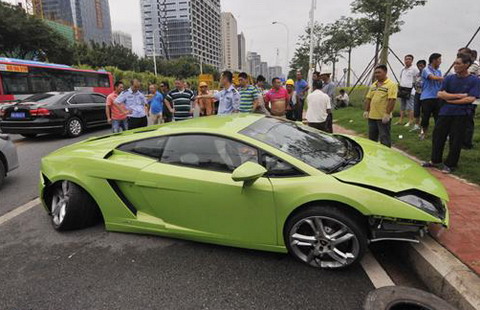Right balance needed between traditional and online taxi firms
By Xin Zhiming (chinadaily.com.cn) Updated: 2015-05-06 10:17Therefore, their growth should be encouraged and the right balance struck to ensure the healthy growth of both taxi-hailing app providers and traditional taxi companies.
Because of strict control of taxi licenses in some cities, such as Beijing, the traditional taxi services have failed to meet market demand. It has become very difficult for commuters to hail a cab during rush hours, which has triggered widespread complaints.
Moreover, traditional taxis are often criticized for poor services, not least because cabbies sometimes ignore passengers hailing them. The taxi companies, on their part, have to do little to benefit hugely from their operations because taxi drivers are required to pay a big portion of their incomes to them as a precondition to join the profession (in Beijing and many other cities, individual taxi operations are not allowed).
It has long been suggested that the traditional taxi sector be liberalized to allow individual operators, so that taxi drivers need not pay the so-called fenqian (or portion money) to their managing companies. Moreover, in a liberalized environment, more drivers can enter the market after going through the proper regulatory procedures. And with increased competition, services can only improve.
But with such reform difficult to implement, the emerging Internet companies have seized the opportunities offered by poorly performing traditional taxi companies.
Instead of throwing cold water on Internet-based innovative companies, the regulators should help them address their operational irregularities and abide by local regulations while accelerating the management reform of the traditional taxi service sector.
Regulators will certainly need more time and energy for this, but their efforts will be worth the trouble because they will add vigor to the economy and make social resource distribution more efficient.
The author is a senior writer with China Daily. xinzhiming@chinadaily.com.cn











